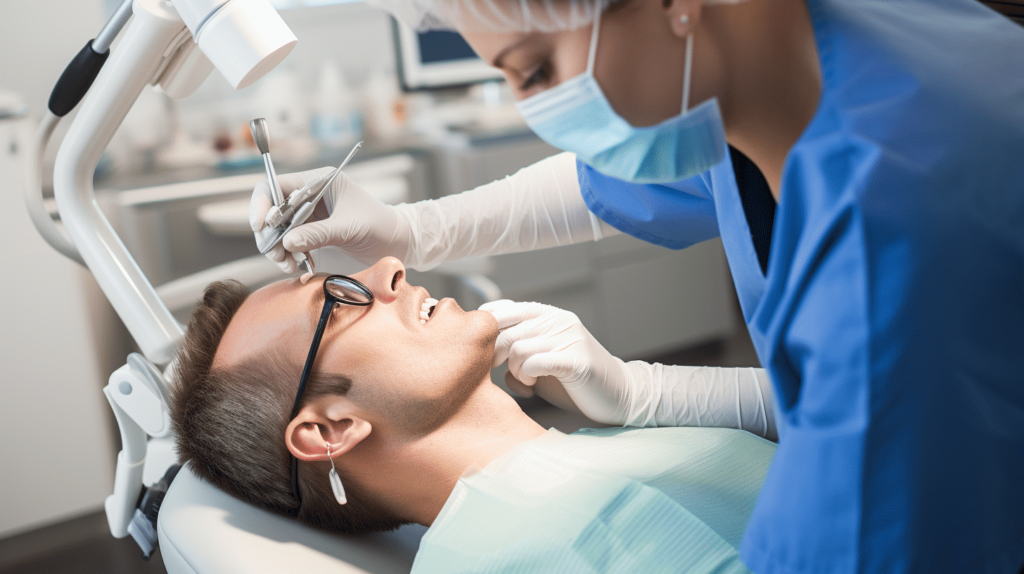Emergencies are usually scary for parents and children, especially if they tend to appear out of nowhere like a dental emergency. When an accident happens it comes without warning, so knowing what to do in these situations of a sudden toothache, tooth falling out completely or gum injury can make a huge difference. This article is the ultimate survival guide to handling dental emergencies in children in South Center that will help parents remain composed and act as expected.
List of Dental Emergencies in Children
Children, thanks to their tendency towards active play and sportiness, can experience more dental emergencies than any other kind. Common Dental Emergencies are the following:
-
Knocked-Out Tooth: Play, sports accidents, or falls can result in a knocked-out tooth.
-
Severe Degraded: A sharp, even severe cracked tooth might be looked at as an indication of a cavity or perhaps an abscess.
-
Soft Tissue Injuries: Soft tissue injuries may occur with dental trauma as seen with injuries to the gums, tongue, or lips.
This knowledge of the most common emergencies will enable parents to better prepare their young ones according to their needs.
Immediate Steps to Take
The most important step in a dental emergency is to stay calm. At times, they may be frightened or in pain and your calm presence can reassure them. Next, assess the situation:
1. For a Knocked-Out Tooth: When your child’s baby tooth has been knocked out, do not be overly concerned. If you have a permanent tooth knocked out, do not clean it with soap. Pick up the tooth by its crown (the chewing surface) and gently rinse it in water. Try Retracting it back into the socket if so. If you cannot, put it into a container with milk or saline and get medical treatment right away.
2. Toothache: Rinse your child’s mouth with warm salt water to help reduce pain. If necessary, give over-the-counter pain relievers at the appropriate doses. And if the pain doesn’t go away — book in for a dentist appointment ASAP.
3. How to Care for a Chipped or Cracked Tooth: Rinse your child’s mouth with warm water to clean the area. If bleeding, hold a gauze over the area until it stops. Do not put any painkillers on your gum or tooth. Seek dental care promptly.
4. For soft tissue injuries: Rinse the injured area with warm water, and apply a cold compress to reduce swelling. If bleeding, apply gentle pressure with a clean cloth or gauze until it stops. If bleeding persists after 10 minutes or the wound is serious, seek medical advice.

Prevention and Education
Dental emergencies can strike at any time, but there are ways to avoid them. This can often occur during sports and is also why it is so important for parents to teach their children about dental safety. Stressing the importance of a mouthguard can help save your teeth from taking the brunt of a fall or hit. By far some of the most essential components in oral health are yearly dental check-ups as that could help keep your mouth healthy and diagnose potential problems before they become big.
Dental emergency in children needs to be treated with alacrity and composure. Good working knowledge of likely emergencies, well-preparedness for the unexpected, and familiarity with what to do instantly as a parent can help parents in South Center to handle these tough situations effectively. Routine dental visits and ongoing conversations about oral health will continue to help children be in control of their beautiful smiles, which decreases the likelihood that they will have emergency issues to begin with. Again, when in doubt always seek professional dental care for your child.

